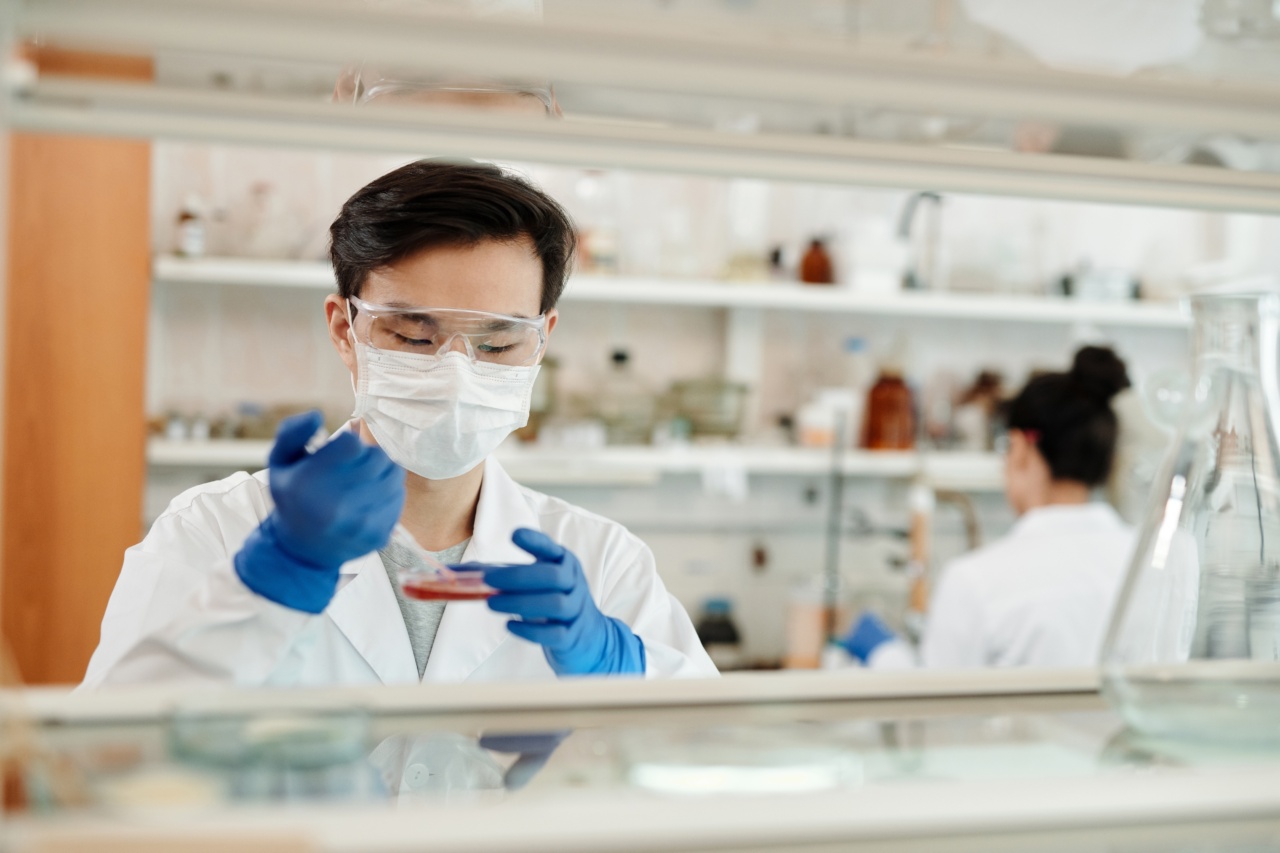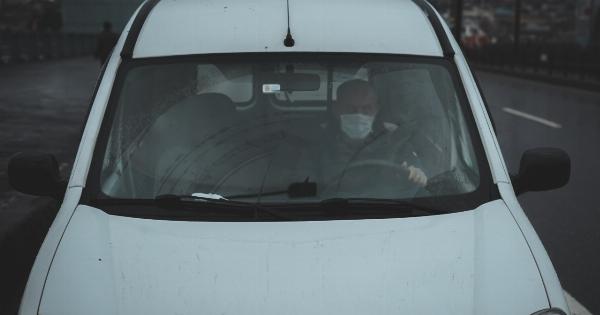In the wake of a recent outbreak of Middle East Respiratory Syndrome (MERS), Gates – the renowned global health organization – has implemented stricter measures to prevent the further spread of the deadly virus.
Following the examination of 73 individuals who were suspected of contracting MERS, Gates has taken proactive steps to mitigate the risk and protect the health and well-being of its employees and visitors.
1. Enhanced Screening Process and Visitor Restrictions
Gates has implemented an enhanced screening process for all individuals entering its premises. This includes thorough temperature checks, symptom assessments, and a requirement to provide travel history.
Additionally, visitor restrictions have been put in place, limiting access only to individuals who are essential to the organization.
2. Mandatory Testing and Isolation Protocols
All employees and visitors who display symptoms related to MERS are now required to undergo immediate testing.
Those who test positive will be isolated and provided with appropriate medical care, while individuals who test negative will still need to follow strict protocols, including self-quarantine for a specified period as a precautionary measure.
3. Implementation of Social Distancing Measures
In order to minimize close contact and reduce the risk of transmission, Gates has implemented social distancing measures within its premises.
This includes the rearrangement of workspaces, ensuring a minimum distance between employees, and promoting virtual meetings and remote work options whenever possible.
4. Continuous Education and Training
Gates is committed to ensuring that its employees and visitors have access to reliable and up-to-date information about MERS.
Regular educational sessions and training programs are being conducted to raise awareness about the virus, its symptoms, and preventive measures. This empowers individuals to take necessary precautions and play an active role in stemming the spread of MERS.
5. Strict Hygiene Practices and Sanitization
In addition to regular cleaning and sanitization routines, Gates has placed a strong emphasis on personal hygiene practices.
This includes the provision of hand sanitizers throughout the premises, frequent handwashing reminders, and the distribution of hygiene kits to employees and visitors containing essential items such as masks and sanitizing wipes.
6. Transparent Communication and Reporting
Gates recognizes the importance of transparent communication during a health crisis. The organization is actively sharing updates and necessary information with its employees, visitors, and relevant authorities.
This ensures that everyone is well-informed and can take appropriate action in a timely manner.
7. Collaboration with Healthcare Experts
Gates has established partnerships with local healthcare experts and institutions to benefit from their expertise during these challenging times.
By collaborating closely with the medical community, Gates can stay informed about the latest developments, strategies, and best practices in dealing with MERS.
8. Regular Audits and Continuous Improvement
To ensure the efficacy of its measures, Gates conducts regular audits and assessments to identify any gaps and areas for improvement.
By constantly monitoring and evaluating its protocols, the organization can refine its strategies and adapt to evolving circumstances effectively.
9. Support for Research and Vaccine Development
Gates is actively involved in funding and supporting research efforts to develop effective treatments and vaccines for MERS.
By investing in scientific advancements, the organization aims to contribute to the global fight against the virus and ultimately eradicate it.
10. Remaining Vigilant and Prepared
Gates understands the importance of remaining vigilant even after the initial examination of 73 individuals. The organization is prepared to adapt and escalate its measures swiftly if the situation requires it.
By staying proactive and responsive, Gates aims to protect its workforce and minimize the impact of MERS on its operations.






























